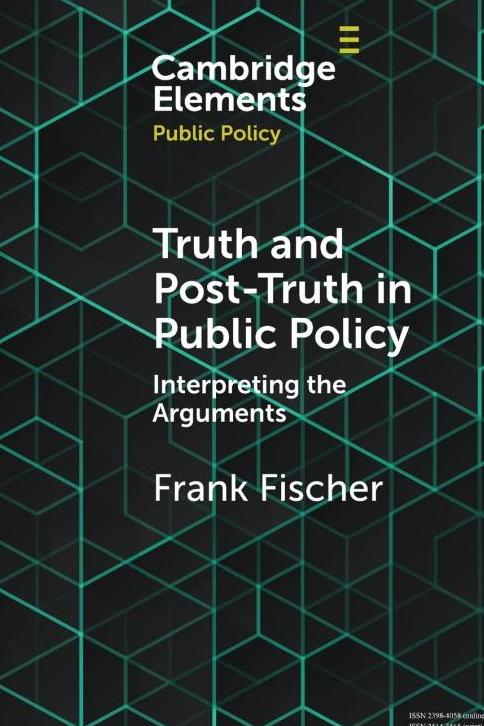Thank you for your message. The IPPA team will get back to you shortly. You first need to login here.

Truth and Post-Truth in Public Policy: Interpreting the Arguments (2021)
(Publisher : Cambridge University Press)
Author(s) : Frank Fischer
Frank Fischer has been until recently Distinguished Professor of Politics and Global Affairs at Rutgers University in the USA. In addition to the Department of Agricultural Policy and Politics at the Institute of Agriculture at the University of Humboldt in Berlin, he is at present research scholar at the Institute of Advanced Sustainability Studies in Potsdam.




